Respond and Rebuild

Respond & Rebuild Toward A More Equitable Future
Health Leads’ Respond and Rebuild initiatives fill critical gaps in essential health resources worsened by the COVID-19 pandemic today, while also designing and supporting collaborations between community and health organizations that enable equity-centered, crisis-resilient systems of health moving forward.
Our projects are designed to:
- Build lasting partnerships and change power structures between health care, public health, community-based organizations and community members to enable community members to make decisions about the living conditions that impact their health.
- Expand, train and support community-based workforces who help provide food, housing, and other essential resources to families and communities that need it most.
- Design and implement shared, crisis-resilient community resource governance and data networks to offer a complete, real-time picture of essential resource availability and access.
- Fill knowledge gaps with promising practices from our innovations and others to spread adoption of racial health equity and influence long-standing policy changes.
Community-Based Partners
For almost 25 years, we’ve partnered with healthcare systems and communities to improve the living conditions that drive health. Now, we are helping communities meet urgent resource demands, while also redesigning and rebuilding the systems necessary for a more equitable future. We’re thrilled to have launched and/or expanded partnerships with a range of community-based services and government organizations as well as national systems change organizations.
Partners
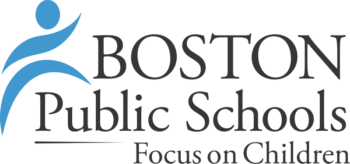
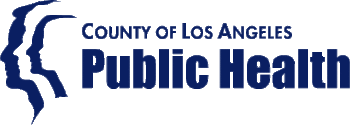



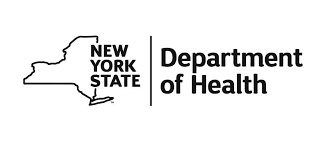
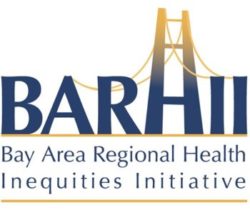
Philanthropic Partners
COVID-19 is taking a disproportionately harder toll on communities of color that are, once again, on the frontline of vulnerability – many of whom have experienced higher rates of infection, unemployment, food insecurity, social isolation and other secondary impacts than white communities. We are extremely proud to be affiliated with values-aligned philanthropic partners who make our Respond & Rebuild efforts possible.
Partners
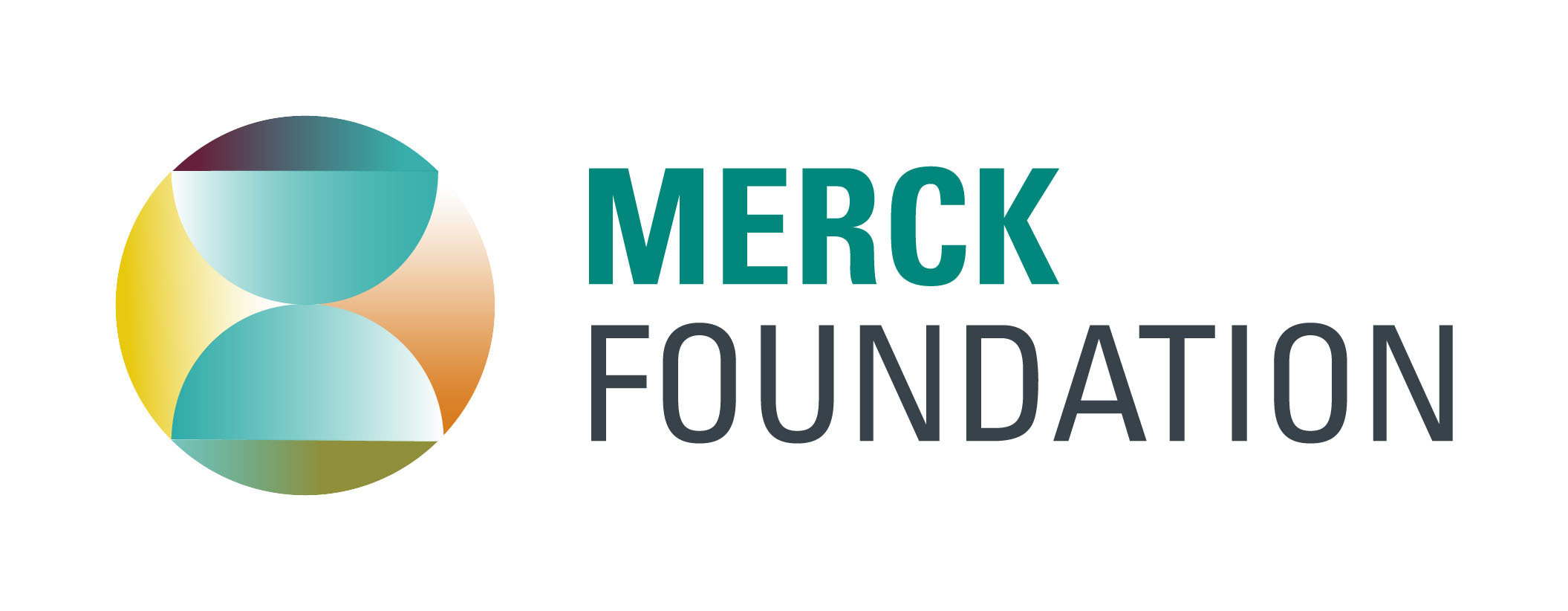
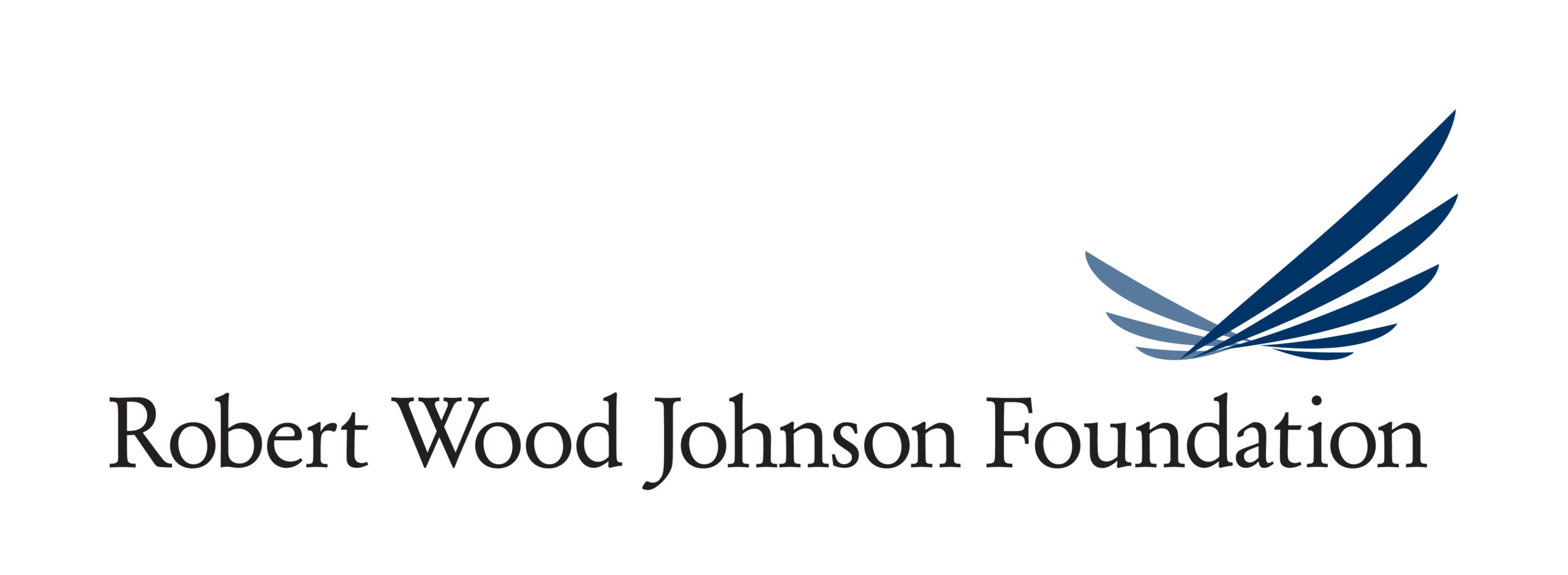



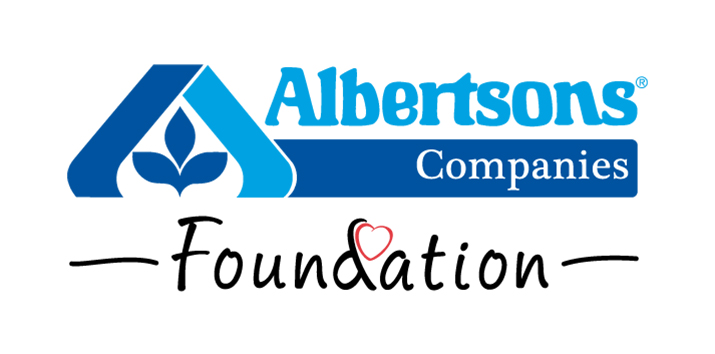
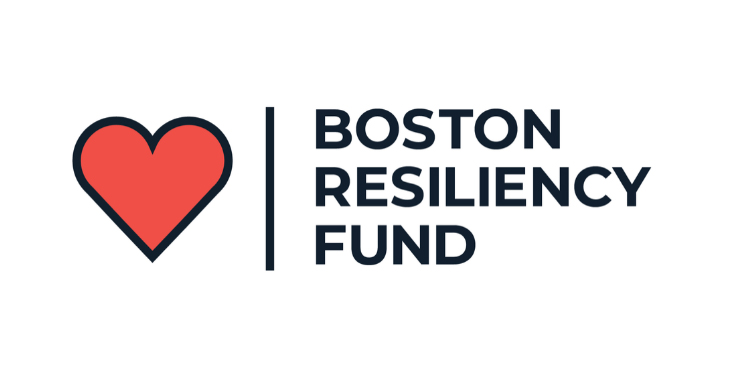

Benefits of Becoming a Philanthropic Partner
Health Leads seeks to partner with 9 additional innovation funders at the $250k – $5m levels to support the two-year effort. Our ideal philanthropic partner is:
- Passionate about health equity
- Creating sustainable crisis response essential needs systems for vulnerable populations and redesigning/rebuilding the social safety net with an equity lens
- Has synergistic social enterprise and philanthropy portfolios
- Will help us meet our December 2020 milestones and innovation match challenge deadline set by the lead campaign donor and our board of directors.

“As an early investor in Health Leads, I am proud of our work over the past 20 years to champion health systems change around essential health resources at scale. In order to rebuild a better future, we must make critical investments in people, nurture great leadership, and facilitate strategy. Only then can we create the transformational change necessary to prepare our essential health systems to be resilient, agile, and equitable in the face of future crises.”
John Mandile
Health Leads board member and founding partner of Social Ventures
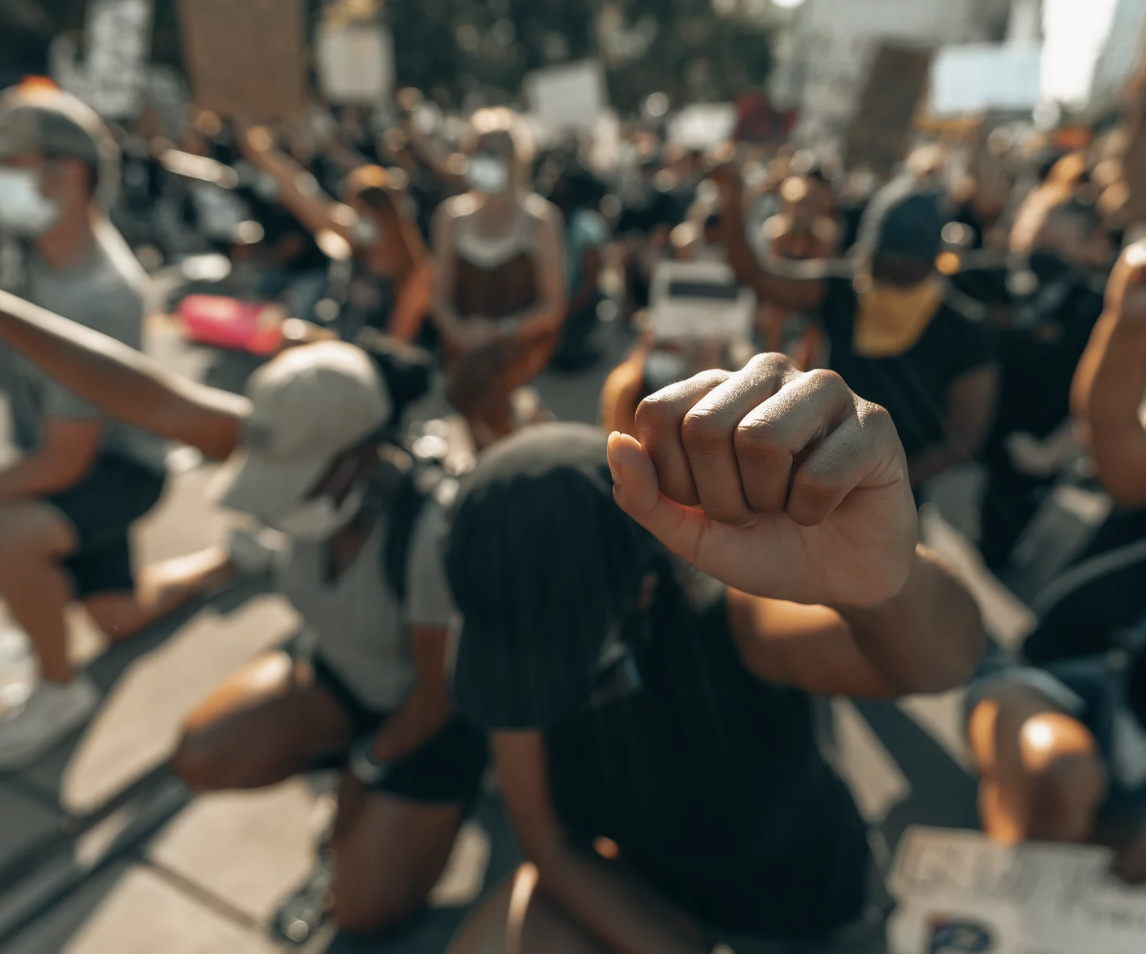
“Against the deep pain of the pandemic, environmental disasters, and political division, we are seeing a renewed commitment to action and investment in undoing the deep-rooted racism and privilege that underpin so many of the systems and policies that impact our health. We will continue to work with both local and national partners to restructure how communities, institutions, and systems work together to eradicate racial health inequities and restore, build and enable health, well-being, and dignity.”
Alexandra Quinn
CEO
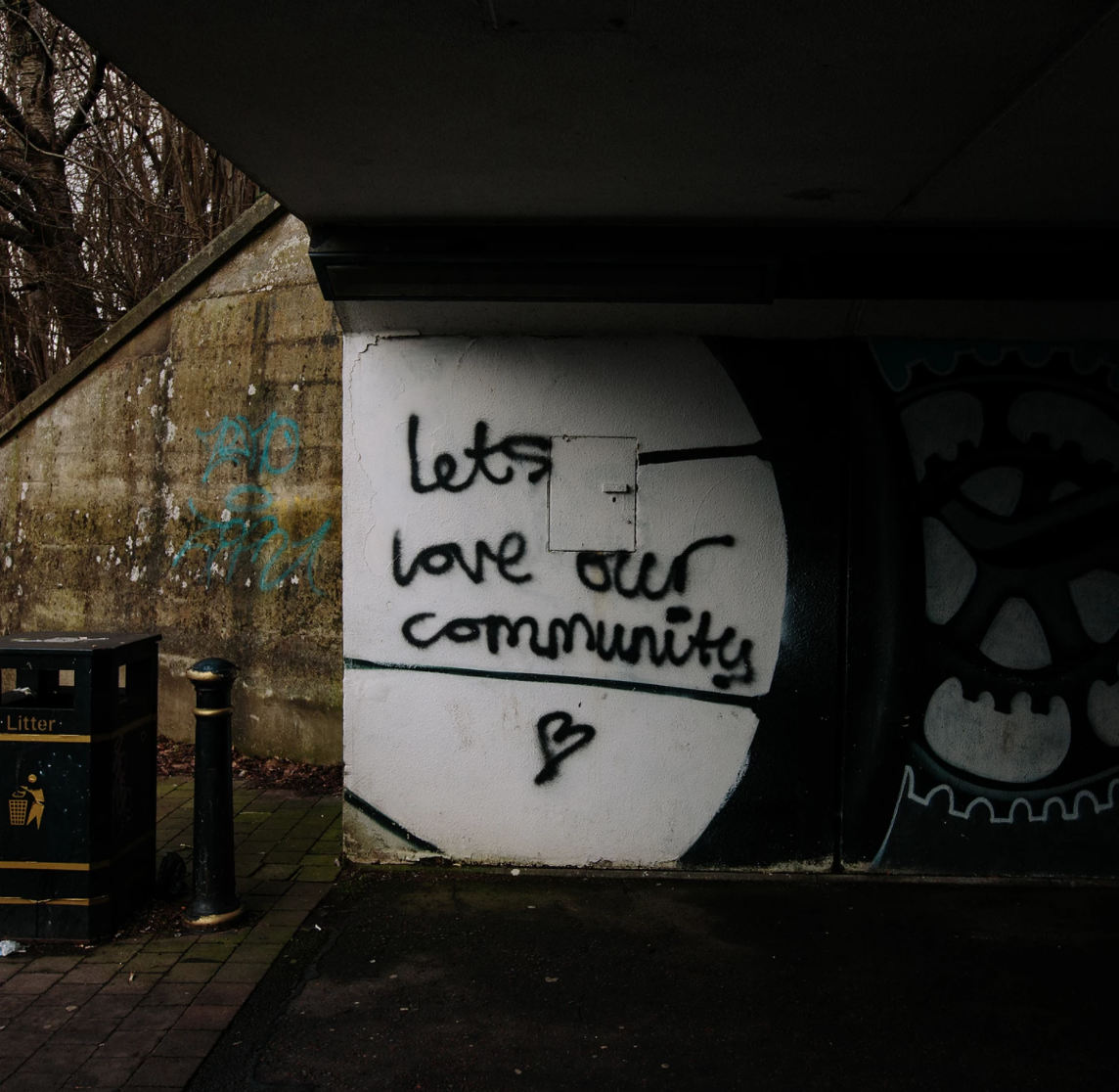
“Deep economic and health disparities existed long before COVID-19, but the world is only now waking up to them. We’re seeing even the most under-resourced communities across the U.S. stepping up, working together with what they have to create innovative, practical solutions that work best for their residents. Imagine what these communities could do if they were well-funded, with access to the data they need to make decisions and power to influence local policies and systems.”
Tene Franklin
VP of Health Equity & Stakeholder Engagement
